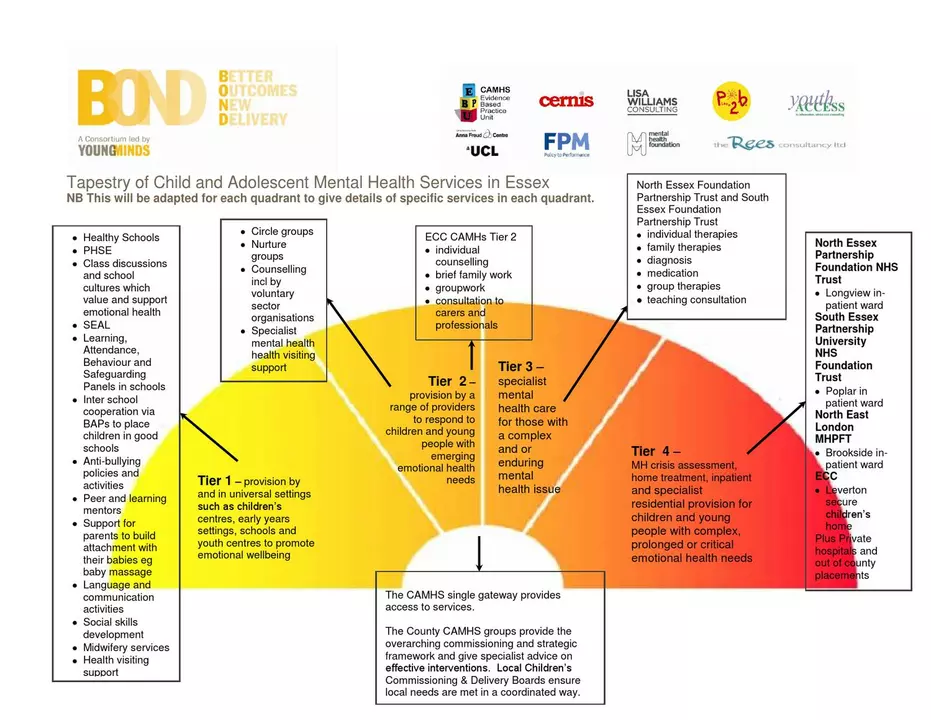Infancy: Safe Medication and Care Tips for New Parents
Did you know babies process medicines far differently than adults? A tiny dose can be too much if you guess. This page gives clear, practical steps to help you handle medicines, fevers, and common baby problems safely.
Safe medication basics
Always dose by weight, not age. Your doctor or the infant’s weight chart should guide milligrams per kilogram. If a label lists doses by age only, ask your pediatrician for the right amount based on your baby’s current weight.
Use the device that comes with the medicine. Oral syringes are more accurate than kitchen spoons. If a pharmacy sends a dropper or syringe, keep it and use it for every dose so you don’t mix measurements.
Know which OTC medicines are safe and which aren’t. Acetaminophen is commonly used for fever in infants older than two months when prescribed by a doctor; ibuprofen is for older infants and toddlers and only after checking age and weight limits. Never give aspirin to children under 18 because of Reye’s syndrome risk.
Avoid cough-and-cold combos for babies under two years. They can cause harm and usually don’t help. For a stuffy nose, saline drops and a bulb syringe or suction device work well and are safe when used as directed.
Practical safety and when to call the doctor
Store all medicines locked and out of sight. Many poisonings happen at home when caregivers assume a small amount is harmless. Keep adult medicines, vitamins, and topical creams away from baby’s reach.
Be careful with topical products. Some adult ointments and essential oils can irritate or harm a baby’s skin and breathing. Check with a pediatrician before using anything new on baby’s skin.
Watch for warning signs that need immediate care: a fever in a baby younger than two months, trouble breathing, blue lips, limpness, poor feeding, or fewer wet diapers than usual. For seizures, high-pitched crying that won’t stop, or a rash that doesn’t fade under pressure, call emergency services right away.
Use reputable sources when you order medicine online. Verify the pharmacy, require a prescription when needed, and read reviews. If a site sends prescription meds without asking for a prescription, don’t use it.
Breastfeeding and meds: many drugs pass into breast milk. Ask your doctor or pharmacist which medicines are safe while breastfeeding. If unsure, check a trusted medicine-in-pregnancy/breastfeeding database or speak with a pediatric pharmacist.
Keep a simple record of doses: what you gave, how much, and when. That log is a lifesaver if caregivers change or you need to call the clinic. It prevents accidental double-dosing.
If you’re ever unsure, call your pediatrician. Quick questions are part of newborn care. A short call can stop a problem from getting worse and help you sleep better at night.
The Connection Between Infancy and Mental Health: Laying the Groundwork for Emotional Well-Being
In my latest research, I've discovered the crucial connection between infancy and mental health, which plays a significant role in laying the groundwork for emotional well-being. It turns out that early-life experiences, secure attachments, and parental responsiveness greatly impact one's mental health development. By nurturing a healthy environment and promoting positive interactions during infancy, we can significantly contribute to the emotional well-being of an individual in the long run. As a parent, it's essential to be aware of the importance of these formative years and strive to provide children with the love, care, and support they need. This knowledge has further emphasized the need for parents and caregivers to invest time and effort into creating a strong foundation for their child's emotional health.

